-
Week 44/2023 – Central Vietnam Real Estate News Summary
In this weekly or sometimes bi-weekly news flash – CVR: Central Vietnam Realty will provide a choice of articles from mainly Vietnamese media sources related to the real estate market in Vietnam.
We will be focusing on issues related to Da Nang and Hoi An, while also looking at national news and their possible impact on Central Vietnam’s property market.
You will find a summary, a link to the source as well as CVR’s take on the article.We believe that local knowledge is the key to making the best possible decision and that’s what we offer to all our clients.
“CVR: Western Management – Local Knowledge”
-
1. One real estate segment continues to be in a “frozen” state throughout the Central region.
-
From July to September 2023, the resort real estate market in Da Nang and its surroundings remained dormant, with decreasing supply and demand. No new vacation villa projects were launched in the third quarter, and the market was
inactive, with no fresh supply and low demand. Transactions mainly focused on completed properties managed by international 4-5-star entities.
The vacation home/shophouse segment faced a similar situation, with no new supply during the quarter, and stable primary prices. The condotel market struggled with no new project launches in the first nine months of 2023, low demand, and transactions centered on existing properties.
Primary sales prices showed minimal change, and support measures like profit-sharing and interest rate support persisted. Investor concerns, economic stagnation, legal issues, and slow tourism growth contributed to decreased market activity.
DKRA Group forecasts continued limited supply, potential liquidity challenges, and stable prices in Da Nang’s vacation real estate market. Support policies will persist to stimulate transactions.
-
Source: cafef.vn
-
2. Amending the Housing and Land Law Helps Real Estate Market Recover.
Amendments to the Land Law, Housing Law, and Real Estate Business Law are poised to lay the groundwork for the recovery and sustainable development of Vietnam’s real estate market. The government and Prime Minister have taken proactive measures by issuing resolutions and decrees to enhance the legal framework for land, investment, construction, and finance.
-
-
These improvements in the legal system, marked by decentralization and administrative procedure reform, create a conducive environment for real estate projects. The effective implementation of these amended laws, especially the Land Law 2023, is expected to address project approval challenges and boost housing supply recovery by 2024-2025, potentially ushering in positive changes in the real estate market.
The approval and enforcement of these legislative changes are seen as pivotal for revitalizing Vietnam’s real estate sector, despite potential influences from the COVID-19 pandemic and policy adjustments on market cycles.
Source: cafef.vn
-
3. Obstacles that prevent the buyers from buying the social houses.
In areas offering social housing projects for sale, there’s high demand, with most units quickly spoken for. However, in regions hosting export processing zones and industrial parks, there’s a sluggish market response. This issue stems from various factors.
While the government is making efforts to attract businesses to engage in social housing development and enhance supply, the current policies have notable shortcomings and lack consistency. The legal framework for social housing is intricate and time-consuming, with the construction permit process taking far longer than for commercial housing projects. It can take around two years to secure a construction permit and another two years to build and hand over the houses to buyers. Moreover, developers must reserve at least 20% of the social housing for rent and can only sell it after five years of use. This entire process spans up to nine years before the project undergoes an audit, and businesses receive a fixed profit of 10%.
Access to capital also proves a significant obstacle for investors. In most Vietnamese real estate projects, about 20% comes from equity, 30% from customers, and up to 50% relies on credit institutions.
The main issue is that the policies often target those who do not require social housing, leading to both shortages and stagnant market conditions. To mitigate this, the Realtors Association suggests that the Ministry of Construction simplify and make more accessible the criteria for beneficiaries of social housing support policies, making it easier for those in need to access such initiatives.
Source: 24h.com.vn
-
4. Vietnam continues to be a “magnet” attracting Singaporean investors.
Vietnam is increasingly favored by Singaporean investors due to its open economy and high-potential sectors. In the first eight months of this year, Vietnam attracted over $18.15 billion in foreign direct investment, with Singapore as the leading source, investing $3.83 billion. Singapore is a consistent top investor in the ASEAN region and the second-
largest investor in Vietnam among 143 countries and territories, with a significant focus on the real estate sector, accounting for over 180 projects valued at more than $18 billion.
-
According to a report by the Singapore Business Federation (SBF), 28% of surveyed Singaporean enterprises view Vietnam as the most promising market for investment. The commitment to strengthening the comprehensive strategic partnership between Vietnam and Singapore is expected to lead to new projects in various sectors. Notably, Keppel, a Singaporean conglomerate, has emerged as one of the largest foreign real estate investors in Vietnam, with a diverse portfolio exceeding $3.5 billion.
This strong presence of Singaporean investors reflects confidence in Vietnam’s economic stability and favorable investment climate, further attracting foreign investors and nurturing long-term partnerships.
-
Source: cafef.vn
-
5. The demand for green industrial land is on the rise.
The rising demand for green industrial land and eco-friendly industrial zones among investors faces constraints due to high initial costs and a lack of focus on sustainability by some companies. Notably, the LEGO Group is constructing a $1
billion factory in Vietnam, which aims to be the most sustainable facility within the company. It plans to use solar panels on the roof and an adjacent solar farm to meet its annual energy needs. The trend toward sustainability is evident among foreign investors, emphasizing ESG compliance, especially by European businesses.
Vietnam has a considerable number of industrial zones, and the government aims to convert a significant portion into eco-friendly zones by 2030. However, challenges remain, including the slow transformation of existing zones, market conditions, and policy frameworks. While there is high demand for industrial zones in Vietnam, the influx of foreign capital with higher ESG standards could drive the development of more sustainable industrial zones in the future, necessitating a better understanding of the gap between domestic and international standards.
-
-
Source: Vnexpress.net
6. Upsurge of Luxury Apartments Boosts the Real Estate Market in Da Nang.
The Da Nang real estate market is witnessing a resurgence, particularly in the high-end apartment segment. Key takeaways for investors include the market’s recovery, with positive signs of a new growth cycle emerging.
-
A notable increase in successful real estate transactions, especially in the condominium sector, reflecting renewed investor and buyer confidence, making it an attractive prospect. The market is shifting towards high-end, long-term residential options, offering stable, long-term investment opportunities in a region with rising demand. Luxury apartments like Sun Cosmo Residence Da Nang, strategically located along the Hàn River, and properties such as Panoma 2 with panoramic views of the river, city, and sea, add extra allure for investors.
-
This is crucial for investors as it highlights a potentially profitable investment opportunity in an area experiencing growing demand for premium properties.
-
Source: vietstock.vn
-
7. Swire & Sons to expand investment in Vietnam.
The Chairman of John Swire & Sons Limited, Mr. Guy Bradley, confirmed the group’s intention to expand investments in
Vietnam, with a focus on aviation and healthcare. During a meeting with Prime Minister Pham Minh Chinh in Hanoi on October 24, Mr. Bradley praised Vietnam’s business and investment environment and expressed confidence in the group’s success in the country.
-
Prime Minister Chinh welcomed the expansion plans and encouraged the group to grow its operations in various sectors, including aviation, industry, trade, logistics, real estate, healthcare, and Vietnam’s production and distribution networks. He also urged the use of advanced technology, local components, and support for Vietnamese businesses in the supply chain. The Vietnamese government supports foreign investors’ rights and interests.
The Swire Group, based in the UK, has been active in Vietnam since 1988, engaging in oil and gas, tea, aviation, and real estate activities.
-
Source: baochinhphuc.vn
-
As always, CVR is at your service and happy to provide help anyways we can!
Contact Us today to find the real estate investment in Da Nang which is right for You
-
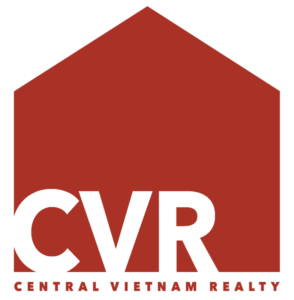
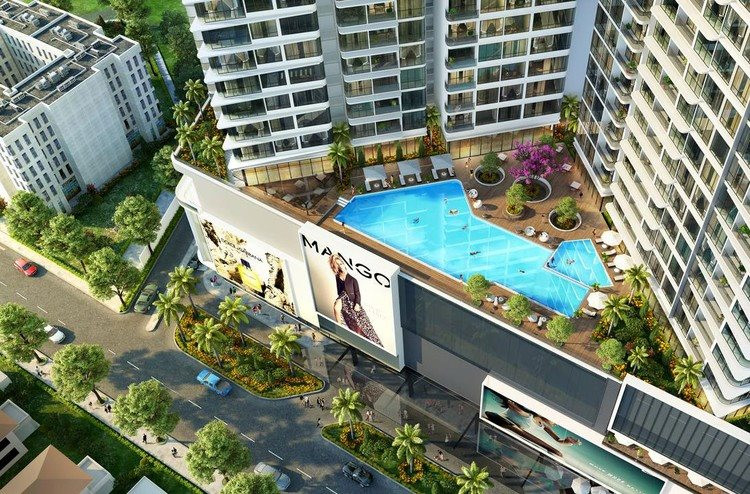
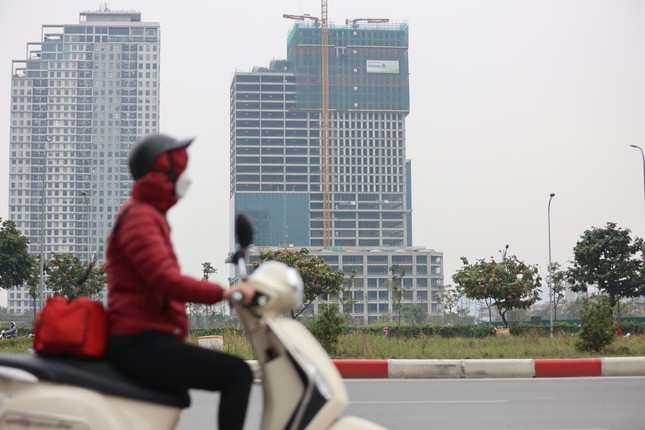
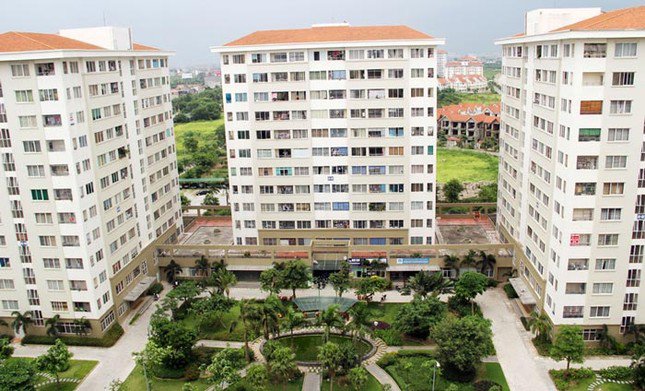 While the government is making efforts to attract businesses to engage in social housing development and enhance supply, the current policies have notable shortcomings and lack consistency. The legal framework for social housing is intricate and time-consuming, with the construction permit process taking far longer than for commercial housing projects. It can take around two years to secure a construction permit and another two years to build and hand over the houses to buyers. Moreover, developers must reserve at least 20% of the social housing for rent and can only sell it after five years of use. This entire process spans up to nine years before the project undergoes an audit, and businesses receive a fixed profit of 10%.
While the government is making efforts to attract businesses to engage in social housing development and enhance supply, the current policies have notable shortcomings and lack consistency. The legal framework for social housing is intricate and time-consuming, with the construction permit process taking far longer than for commercial housing projects. It can take around two years to secure a construction permit and another two years to build and hand over the houses to buyers. Moreover, developers must reserve at least 20% of the social housing for rent and can only sell it after five years of use. This entire process spans up to nine years before the project undergoes an audit, and businesses receive a fixed profit of 10%.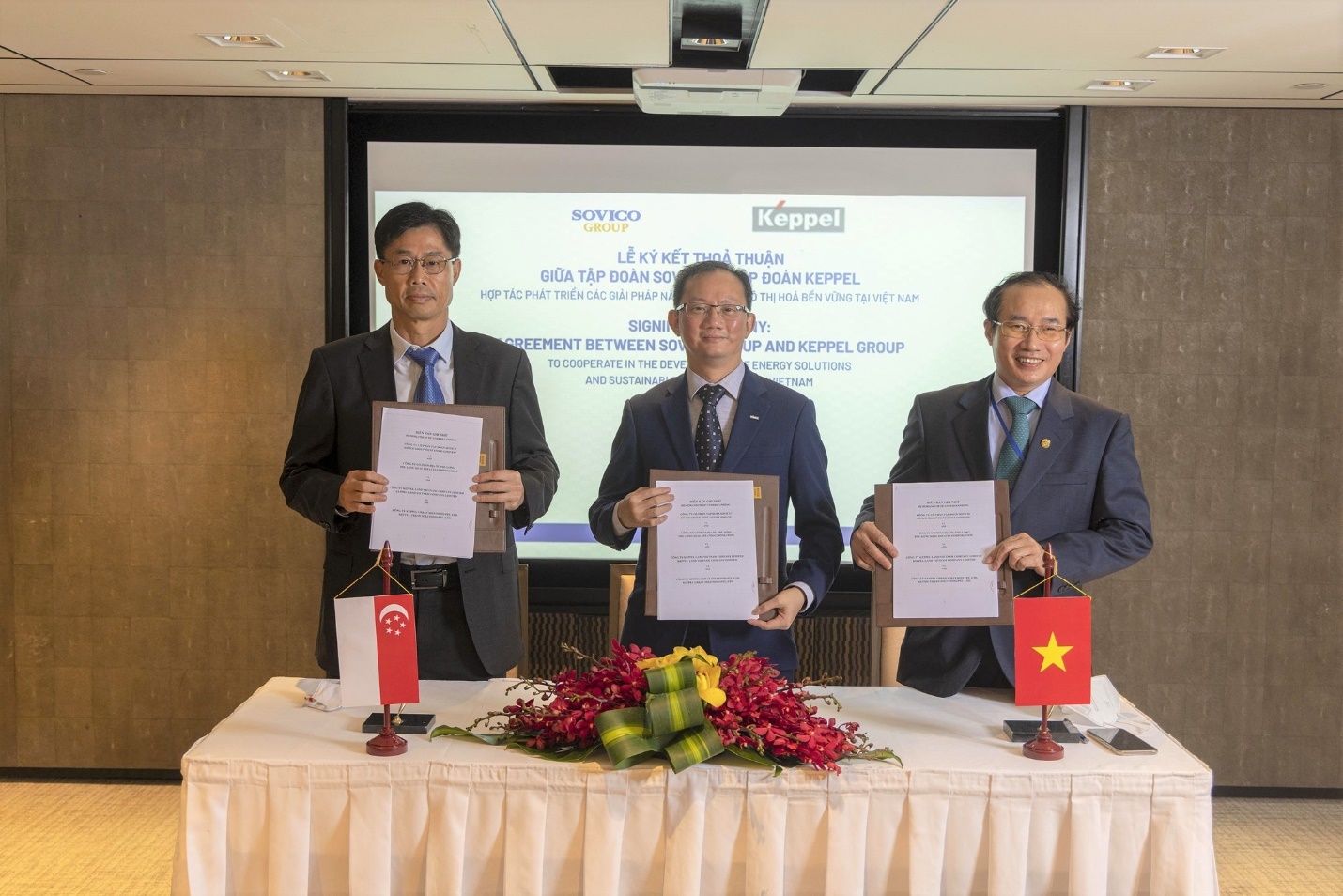 largest investor in Vietnam among 143 countries and territories, with a significant focus on the real estate sector, accounting for over 180 projects valued at more than $18 billion.
largest investor in Vietnam among 143 countries and territories, with a significant focus on the real estate sector, accounting for over 180 projects valued at more than $18 billion. billion factory in Vietnam, which aims to be the most sustainable facility within the company. It plans to use solar panels on the roof and an adjacent solar farm to meet its annual energy needs. The trend toward sustainability is evident among foreign investors, emphasizing ESG compliance, especially by European businesses.
billion factory in Vietnam, which aims to be the most sustainable facility within the company. It plans to use solar panels on the roof and an adjacent solar farm to meet its annual energy needs. The trend toward sustainability is evident among foreign investors, emphasizing ESG compliance, especially by European businesses.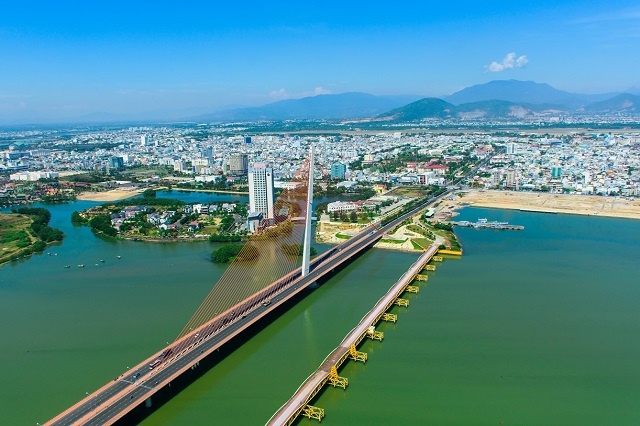 A notable increase in successful real estate transactions, especially in the condominium sector, reflecting renewed investor and buyer confidence, making it an attractive prospect. The market is shifting towards high-end, long-term residential options, offering stable, long-term investment opportunities in a region with rising demand.
A notable increase in successful real estate transactions, especially in the condominium sector, reflecting renewed investor and buyer confidence, making it an attractive prospect. The market is shifting towards high-end, long-term residential options, offering stable, long-term investment opportunities in a region with rising demand. 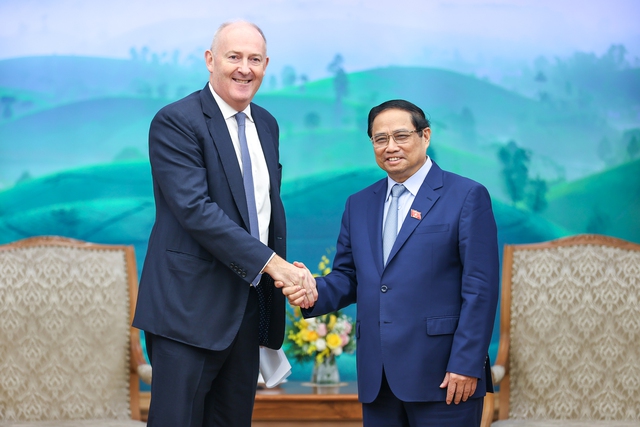 Vietnam, with a focus on aviation and healthcare. During a meeting with Prime Minister Pham Minh Chinh in Hanoi on October 24, Mr. Bradley praised Vietnam’s business and investment environment and expressed confidence in the group’s success in the country.
Vietnam, with a focus on aviation and healthcare. During a meeting with Prime Minister Pham Minh Chinh in Hanoi on October 24, Mr. Bradley praised Vietnam’s business and investment environment and expressed confidence in the group’s success in the country.